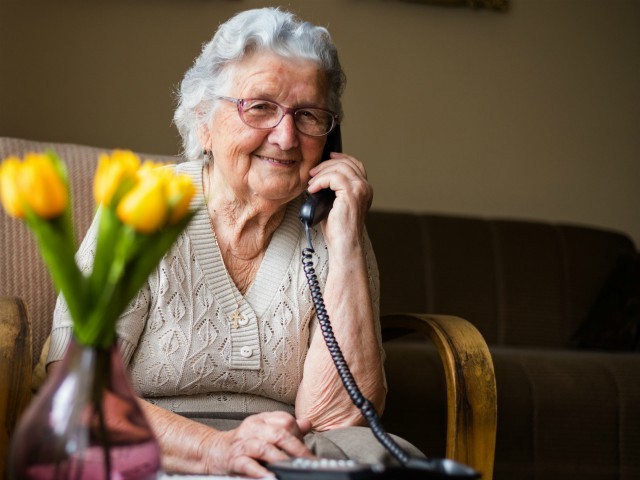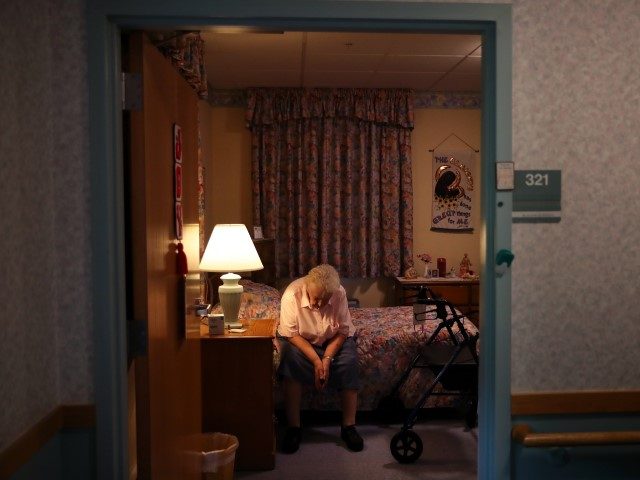ROME — Pope Francis warned Wednesday that today’s throwaway culture cancels the elderly, keeping them out of sight to avoid having to deal with them.
“The number of the elderly has grown considerably, even in proportion to the young, because we are in this demographic winter,” the pontiff told pilgrims gathered at the Vatican for his weekly general audience. “Fewer children are being born and there are many elderly and few young people.”
“This throwaway culture seems to cancel the elderly,” he continued. “Yes, it does not kill them, but socially cancels them, as if they were a burden to bear so it is better to hide them.”
The pope said that this sort of marginalization of the elderly is a “betrayal of one’s own humanity,” because it values life according to its utility and productiveness and has no use for the old.
Yet the elderly have much to give and much to teach us, Francis insisted, because they possess “the wisdom of life.”
“A society is truly welcoming to life when it recognizes that it is precious even in old age, in disability, in serious illness and even when it is dying out,” he said.
Francis proposed that the elderly be “put at the center of collective attention” instead of “being discarded and dismissed from the scene of events that mark the life of the community.” In this way, he insisted, “they would be encouraged to exercise the precious ministry of gratitude to God, who forgets no one.”
As he has done on other occasions, the pope urged his hearers to make sure that the elderly, especially grandparents, “are close to children and young people to convey this memory of life, this experience of life, this wisdom of life.”
“To the extent that we make the young and the old connect, to this extent there will be more hope for the future of our society,” he asserted.

Grandmother is happy to talk to her children and grandchildren. (Dobrila Vignjevic/Getty Images Plus)
Francis also offered some sobering personal reflections on his own experience of growing old.
We must learn to have patience and choose what to ask of the body and life, he said. “As old people we cannot do the same things we did when we were young; the body has another rhythm, and we must listen to the body and accept its limits. We all have them. I also have to walk with a cane now.”
“Illness weighs on the elderly in a different and new way than when you are young or as an adult,” he said. “It is like a hard blow that hits at an already difficult time.”
“The illness of an old person seems to hasten death and in any case diminish that time to live that we already consider short,” he reflected. “Doubt creeps in whether we will not recover, whether ‘this time will be the last time I get sick,’ and so on.”
“These ideas come,” he said. “It is not possible to dream of hope in a future that now seems non-existent.”

COMMENTS
Please let us know if you're having issues with commenting.